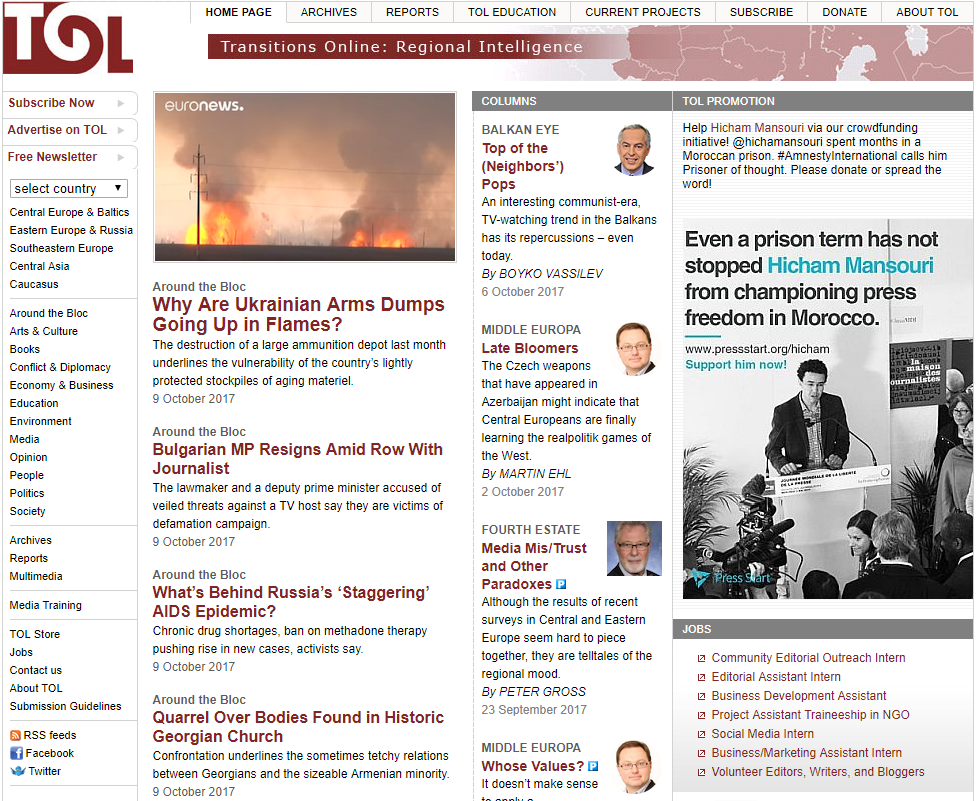
Transitions Online_Around the Bloc-Russia’s Culture Minister Could Lose Ph.D.
Conservative historian comes under scrutiny from academics, who describe his thesis as unscientific, biased, and cluttered with misleading statements.
More...We kindly inform you that, as long as the subject affiliation of our 300.000+ articles is in progress, you might get unsufficient or no results on your third level or second level search. In this case, please broaden your search criteria.

Conservative historian comes under scrutiny from academics, who describe his thesis as unscientific, biased, and cluttered with misleading statements.
More...
Belgrade, Zagreb accuse each other of erecting statues to war criminals in latest finger-pointing episode.
More...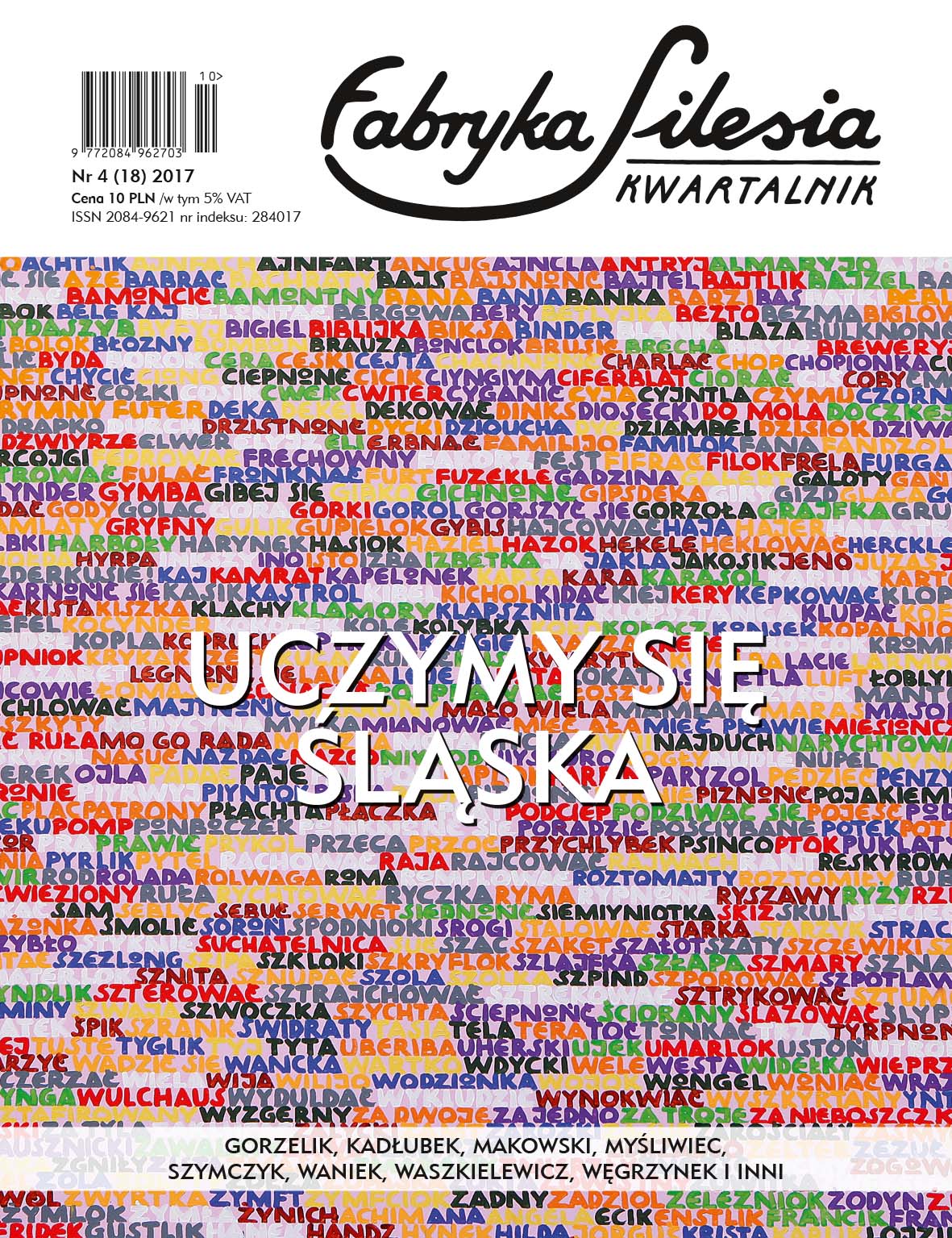
In front of the school in Miechowice near Bytom, a meter and a half underground, a war shelter was discovered. It could hold 250 students.
More...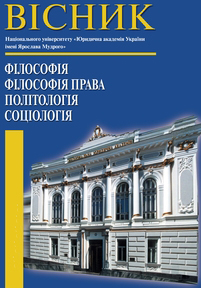
Problem setting. Socio-cultural and political problems of contemporary Ukrainе gives the study of the axiological aspect of historical memory of particular importance and it ceases to be the peripheral theme of philosophical reflection. Without a clear understanding of the value added of historical memory, further socio-cultural design and forecasting is made impossible.Recent research and publications analysis shows that а significant contribution to the understanding and interpretation of the concept under study belongs to such Ukrainian scholars, which carried out quite productive steps in the theoretical understanding of a significant number of problems of the formation and functioning of historical memory, the determination of mechanisms for constructing national memory, its main features and its role in the process of identification of the Ukrainian people.Paper objective. The purpose of the paper is to define the concept of «historical memory», its structural and functional features and the an attempt to explicate its axiological aspect.Paper main body. The axiological measurement of historical memory has a dual detection. First, in certain periods of the history of a particular society, memory becomes unreliable, the causes of which may be a negative reaction to tragic events and historical facts, or ignorance, or (that is the most terrible) intentional neglect of history. As a result of such unconsciousness, the perception of historical memory gradually formed as an unconditional value, an important component of the axioms of culture, as a necessary condition for the normal functioning of society.The fundamental moments of the concepts of historical memory are: social determinism, the difference from the system of transfer of biological information, recognition of its basis of the formation of individual and social consciousness, its direct influence on the development of historical consciousness of society. The main functions of historical memory are: – informational; – identification; – organizational; – world- view; – value-orientated. It can be presented as a spiritual core, a «national genetic code» that preserves knowledge and information about evolution, specific stages of development, conditions of existence and cultural potential of a society (people, nation) and, having withstood the test of time, has become a value for this community. The axiological dimension of historical memory has a dual discovery. First of all, it must be noted that in certain periods of history in society there is a memory that resulted in the gradual formation of the perception of historical memory as an unconditional value, an important component of the axioms of culture, a necessary condition for the adequate functioning of society. Secondly, historical memory actively forms the value-semantic space of society, is a means of forming a system of values of society. The resulting values of life play a consolidating role in ensuring interethnic accord and civil peace, serve as the formation of the consciousness of the people and the function of preserving the original culture. Historical memory makes it possible to invent and transmit in time importantly integrative ideas, and most importantly – the values without which any community would simply come to a decline.Conclusions of the research. The topicality of the study of the value added of historical memory is conditioned by the need to preserve the integrity of the domestic spiritual space, the development of a stable immunity in society against the threat of the destruction of the existing cultural identity. Historical memory in the modern world, it is simultaneously as a determining element and subject of state policy, a factor in the construction of a political nation, a prerequisite or interethnic and interethnic integration or conflict. At the same time, historical memory is a means of retranslation of political values, which plays an ambitious role in the political process (as an object of political influence and as a means of political influence). It is possible to find the value constants acceptable to the whole society, if the very historical memory is perceived not as an arena of ideological conflicts and as a means of political manipulation, but as an unconditional value.
More...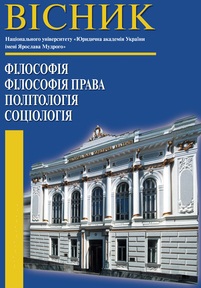
Problem setting. The analysis of the phenomenon of interpreting of the past history as a factor in constructing reality raises the interest of many contemporary thinkers. At the same time, in the modern world, the innovation is the use of historical memory and modern social myth to explain and construct the picture of the past. The power elites are actively using historical memory to form the image of the state and the nation, creating an official version of history in confronting their opponents in the international arena, seeking self-determination, positioning in the modern world, and most importantly - their own internal self-determination and consolidation. The special relevance of the research is given by the specifics of modern Ukrainian society, when in the conditions of the domination of the social uncertainty of a globalized world, recourse to the origins of national-civilizational identity becomes necessary in order to strengthen social and political stability. The rule of pluralism of ideas of comprehension of the past acts as the foundation for purposeful development of society, as well as stave one of the sources for the formation of new social perspectives. An important factor in increasing the need for a new interpretation of history can be recognized as the "acceleration of time", the distance from the past, requiring its explanation. The search for a "new" historical past, "other" interpretations of known historical facts is offset by mythological design.Recent research and publications analysis. Historiography of the author determined by the problem is large. The basis for understanding the modern myth was the work of M. Eliade, K. Levy-Strauss, R. Bart, B. Malinowski, M. Eliade, C. G. Jung, E. Cassirera. A. Schopenhauer, J. Sorel, P. Gurevich. The domestic scientific tradition of studying a social myth is only formed and characterized rather by the formulation of problems rather than their solution. The works of F. Anckersmith, T. Adorno, P. Nora, A. Assmann, P. Hutton, M. Khalbwax and others are devoted to the original interpretation of the philosophical interpretation of the phenomenon of historical memory. , and also in the range of scientific interests in the research of such contemporary Ukrainian scholars as Y. Hrytsak, L. Zashkilnyak, Y. Zerny, A. Kiridon, I. Girich, V. Masnenko, O. Smolyar, O. Udod, Yu. Shapoval and other.Paper objective. The purpose of the article is to understand the specificity of historical memory and modern social myth as forms of interpretation of the past history, explication of positive and negative in their interaction and the essence of their influence on the state of consciousness of society.Paper main body. The transformational state of society is always characterized by attempts to reconsider experience, to rearrange the content of historical memory, to adapt it to temporal political interests. The content and semantic content of knowledge about the ancient times often depend on subjective aspects, are constructed in the present and reflect the vision of the experience of the community in favor of certain power elites of light. An analysis of scientific literature on the problems of historical memory can distinguish its essential features. The main characteristics of historical memory are its social determinism, the basis for the formation of individual and social consciousness, which is why it directly affects the historical public consciousness. It is a significant component of the axioms of culture, not only presents itself as a value, but also realizes the need to preserve the integrity of the domestic spiritual space. The basis of historical memory is the connectivity. It reproduces the heredity and continuity of social existence, despite the fact that in some periods it exists in a latent form and is actualized in certain historical conditions. For specific features of historical memory belongs selectivity, value color, tendency to irrationality, binarism, as a constant the process of memorizing and forgetting. Historical memory in modern political realities is not a constant. It is modeled and varied depending on the interests and tasks of political groups and parties.At the same time, the mechanisms of the mythologization of history, which considerably increases the importance of understanding the features of the myth as a form of interpretation of history, become of no less importance in the modern world. the most important properties of social myth as a form of interpretation of the historical past is its fundamental difference from the classical, archaic. The archaic myth was the basis of its creation folk art, aimed at protecting the family, people, the state, to preserve the health of man, people, country, nature, the accumulation of mass energy, which mobilized people for certain actions. The modern myth does not have such a clear positive orientation - the duality of its consequences lies in the fact that it can both consolidate society and threaten the absolute destruction of society. Among the main features of the social myth, researchers distinguish his artificiality, purposeful construction in the interests of certain social groups, in contrast to the spontaneously formed archaic myths; he is increasingly rationalized and ideologized. It is also important to note that modern myth has a purely functional, not cognitive value. Consumption as a sign of modern myth leads to the fact that he is not "burdened" by moral intentions.The modern myth has a dual character: the constructive role of the myth manifests itself in the ability to ensure the integrity of society. A destructive role manifests itself in its ability to radically change the cultural and moral guidelines of society. The technical capabilities of the information society, the excessive amount of information have become the cause of activating myth-making activity.Conclusions of the research. Historical memory and contemporary social myth as a form of interpretation of the past history have rather common features and influence each other vigorously. Also, their actualization and active inclusion in the comprehension of life occur in the crisis periods of history, when there is a need to overcome real or imaginary "breaks of being", to fill the fragmentation of scientific, philosophical, moral and religious searches. For us, it is important:first, the attraction of objective scientific research to the modern interpretation of the historical past, and secondly, their ethicization, filling the moral assessments of the events of the past from the standpoint of universal values of our time since they have a powerful mobilizing influence on the public consciousness and are really capable of changing the course of modern events.
More...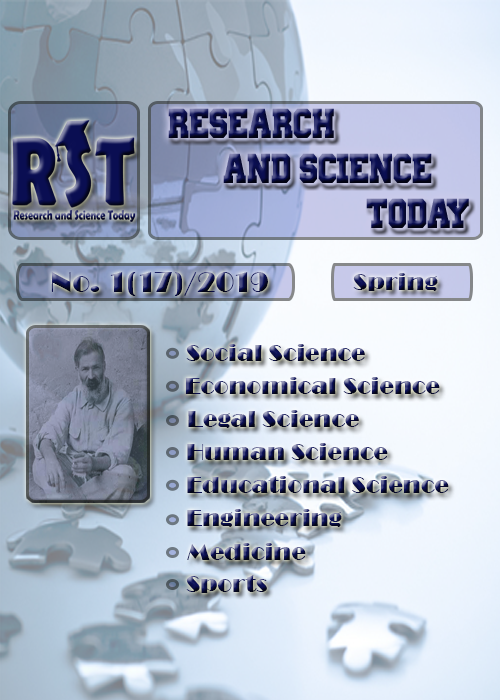
IN ROMANIA; THE COMMUNIST REGIME WAS A REALITY THAT MARKED THE DESTINY OF THE PEOPLE FOR 50 YEARS. THE REGIME; WHILE TOTALITARIAN; HAD ITS FOLLOWERS AND DISSIDENTS. OUR INTENTION IS TO MAKE A COMPARATIVE ANALYSIS BETWEEN TWO DISCOURSES; OF AN ADEPT AND A DISSIDENT; FOR THE AWARENESS OF THE RECENT PAST AND THE ALIGNMENT WITH EUROPEAN VALUES.
More...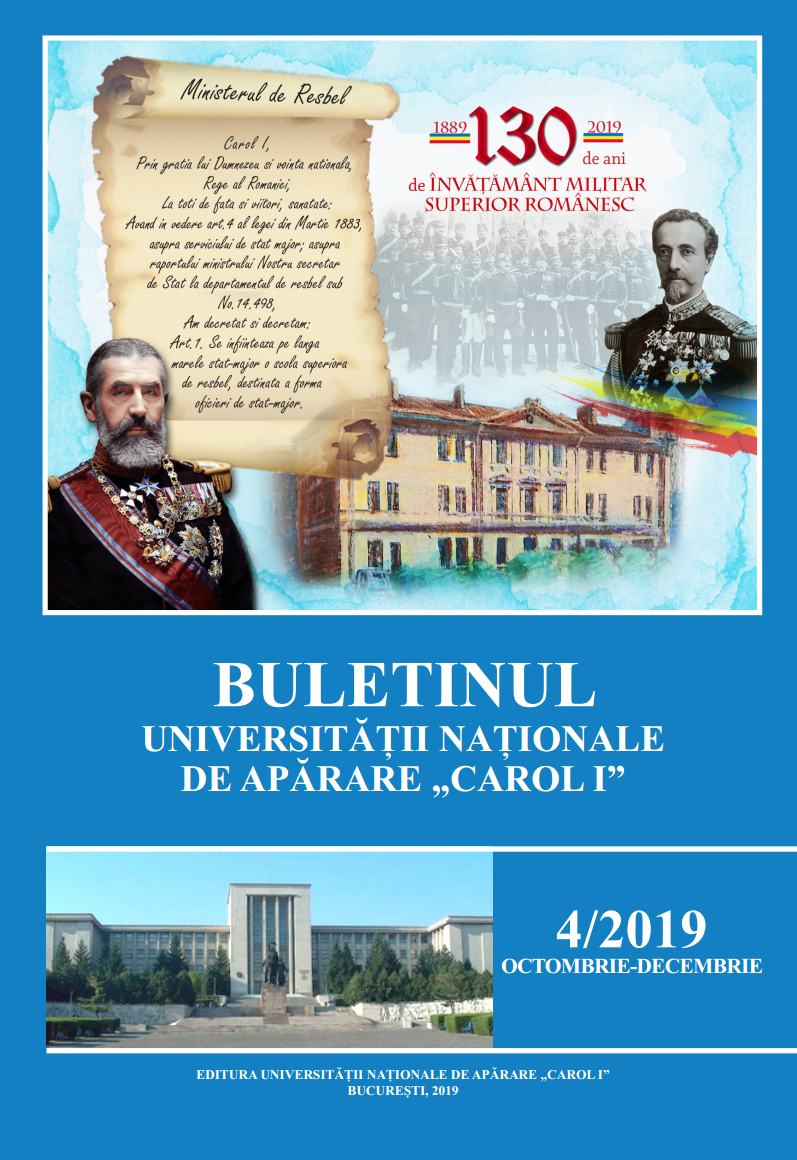
The conflict begun in Afghanistan in October 2001 has not ended, and the current context of negotiating a peace agreement between the United States and the Taliban group does not guarantee the cessation of hostilities in this hot-zone of the world.This aspect, coupled with the statements of the U.S. President regarding the withdrawal of the US Armed Forces from Afghanistan, entitles us to state that a vital role in the evolution of the security environment in the Afghan space is played by the security institutions of this state, in particular the army and the police. The army, in fact the entire state apparatus, is going through a long process of reformation. The process of transformation of this institution has been very difficult, and the challenges and obstacles that have arisen over time have determined the slowing down of the optimistic pace triggered by the plans of reform and development of the Afghan national army.
More...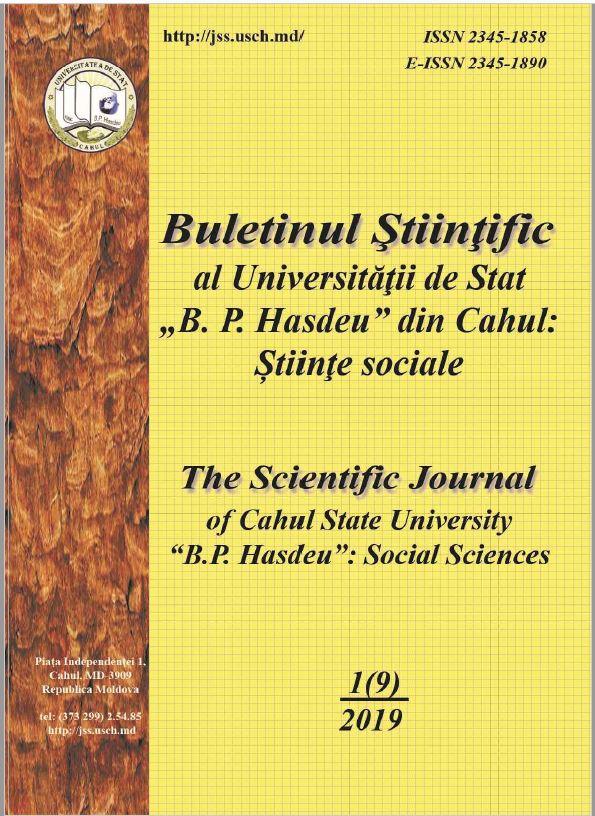
The topic related to behavior of Soviet soldiers in Bessarabia in 1944- 1945 have not been yet an object of an extensive research. In this article, I try to sketch several thematic lines regarding this subject. The article is based on documents from two former Soviet archives located in Chișinău: The Archive of the Social-Political Organizations of the Republic of Moldova (AOSPRM) and the Archive of the Ministry of Internal Affairs of the Republic of Moldova, former MVD of MSSR (AMAIRM-MVD).
More...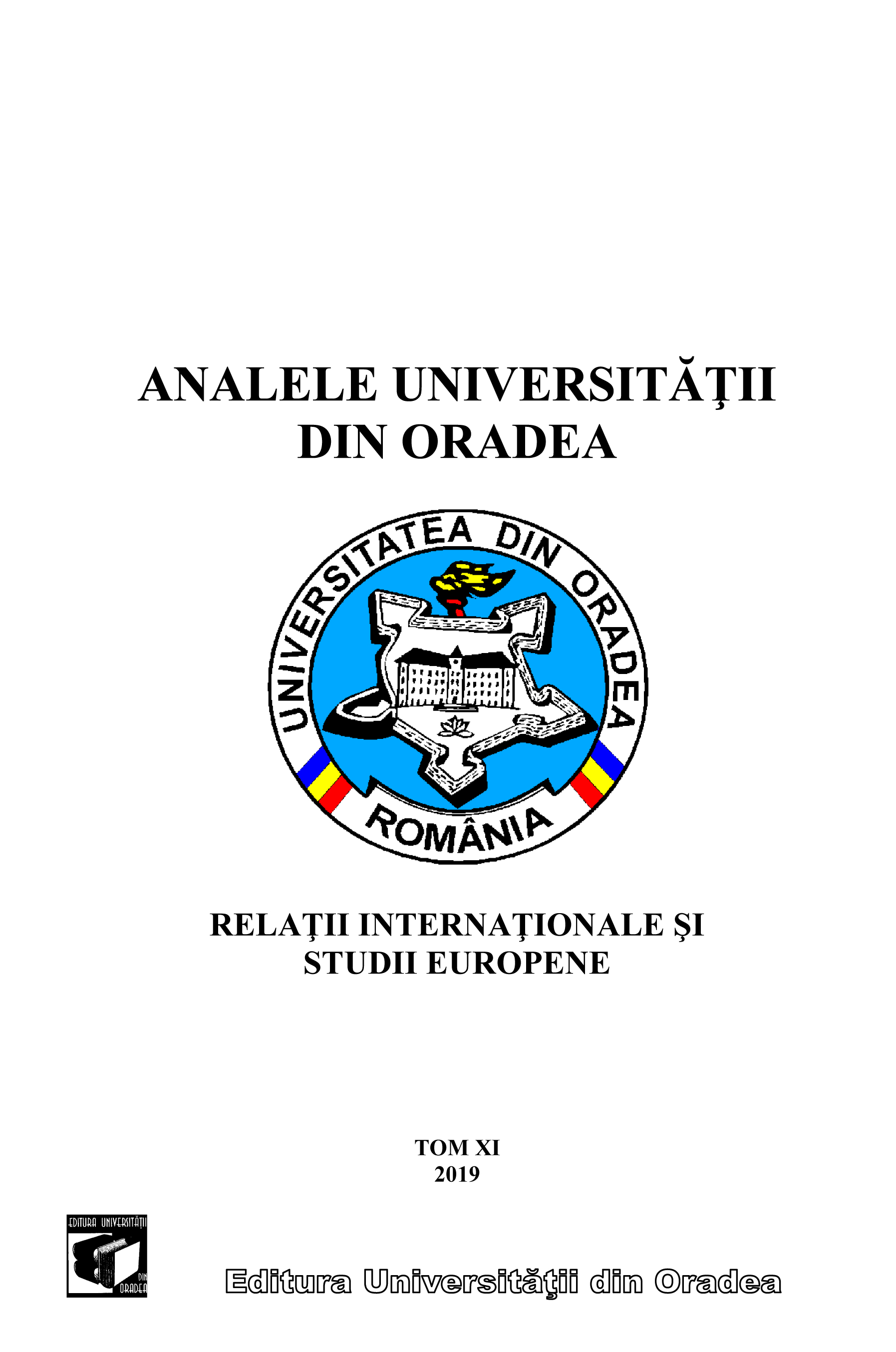
This paper will carry out a detailed study related to the change of bordersthat occurred in Romania and Ukraine from the end of the First World War to the SecondWorld War. In order to understand the territorial changes, the proposal will focus onexamining how the borders of both territories with the main Peace treaties were left after theFirst World War. But undoubtedly the most important issue in this paper is the analysis of theborder situation between the two countries after the Second World War. In this sense it is ofvital importance to know the contacts that took place with the great powers of the war for thedevelopment of the events.
More...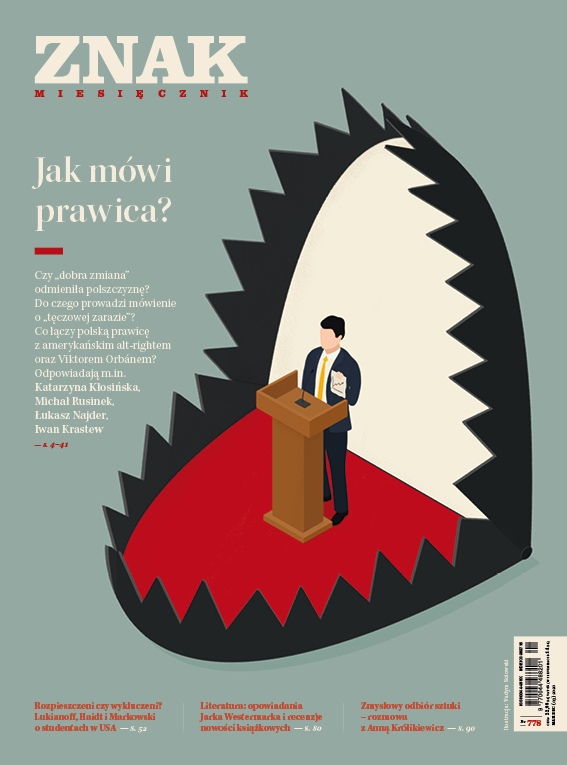
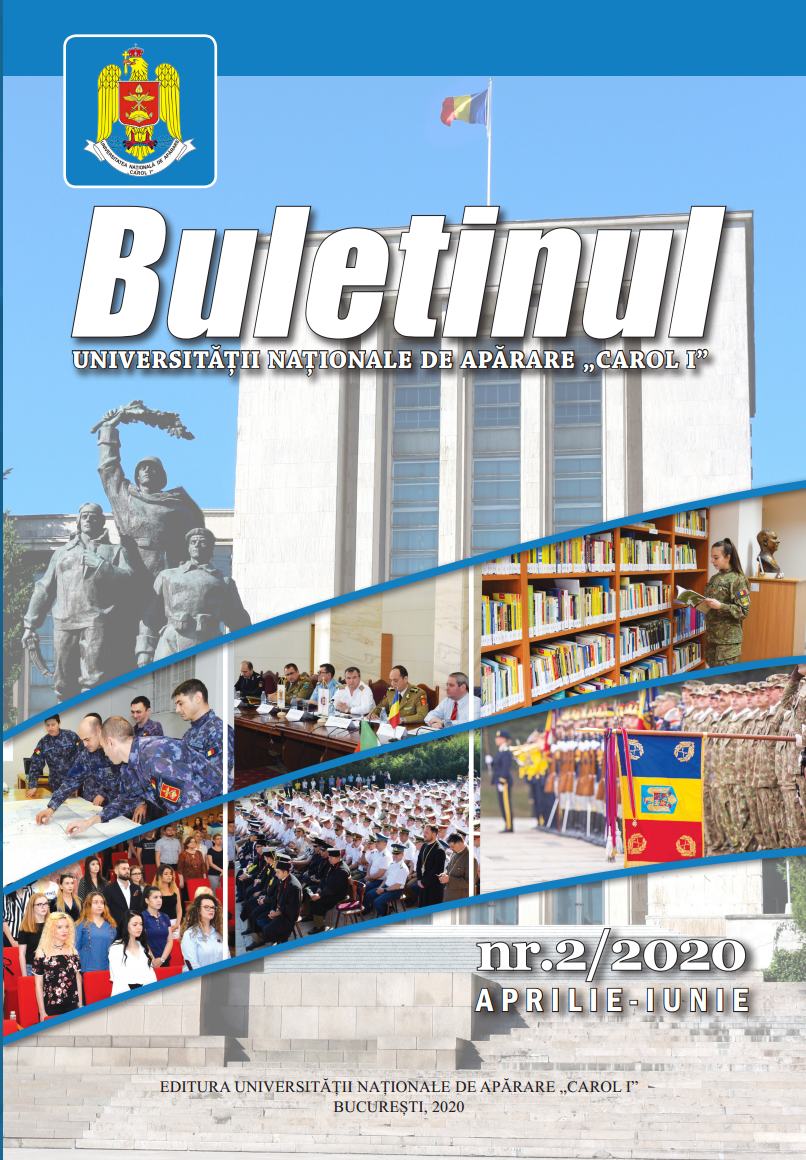
Invictus games do not represent a mere tournament,being more than sheer sport. They generate a state of mind that steals our heart, challenge our thinking and change our lives. It is a project revolving around the idea of physical and psychological training and recovery through sport, which obviously has an educational part, too. Invictus games stimulate positive thinking, turn the military staff into kinder and self-assertive people, give hope to those who, overwhelmed by severe trauma, were not at all able to see the bright side of the picture. The injured servicemen managing to surpass their limits set an example for the entire society, instilling the sense of mutual humanity and team cohesion, beyond the well-known beneficial effects of sport and physical education.
More...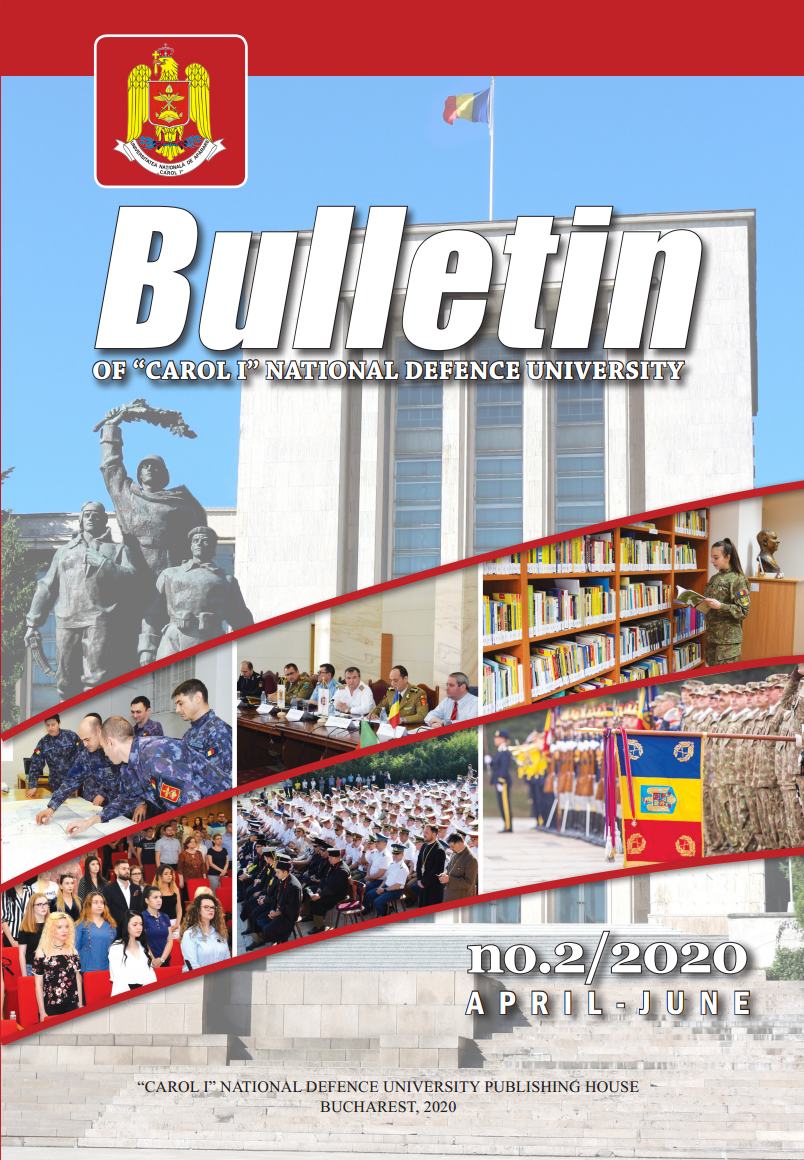
Invictus games do not represent a mere tournament,being more than sheer sport. They generate a state of mind that steals our heart, challenge our thinking and change our lives. It is a project revolving around the idea of physical and psychological training and recovery through sport, which obviously has an educational part, too. Invictus games stimulate positive thinking, turn the military staff into kinder and self-assertive people, give hope to those who, overwhelmed by severe trauma, were not at all able to see the bright side of the picture. The injured servicemen managing to surpass their limits set an example for the entire society, instilling the sense of mutual humanity and team cohesion, beyond the well-known beneficial effects of sport and physical education.
More...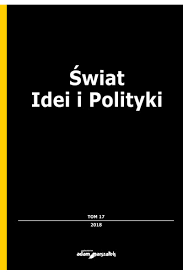
This article concerns the social security of sportsmen in PRL in 1970s on the example of football. The author concentrates his attention on earnings and the access to luxury goods of the most prominent Polish players. He highlights their social origin, the posibilities of professional development and personal price of success. This work bases on various sources and what is particularly important, also on reports and primary sources.
More...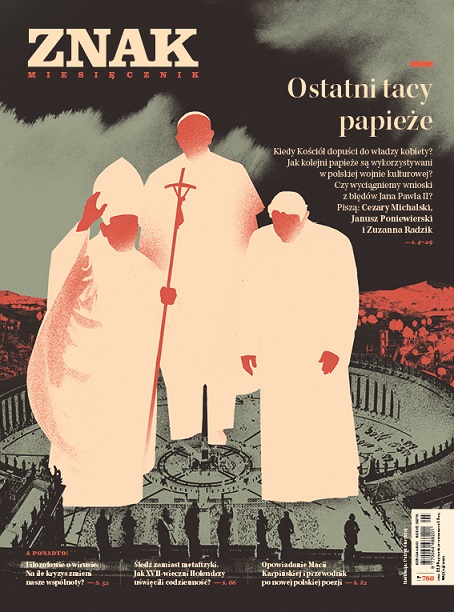
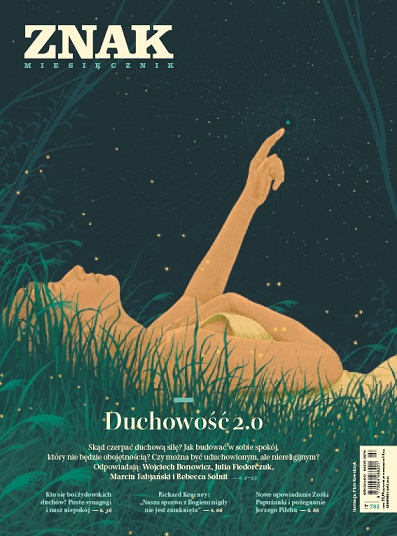
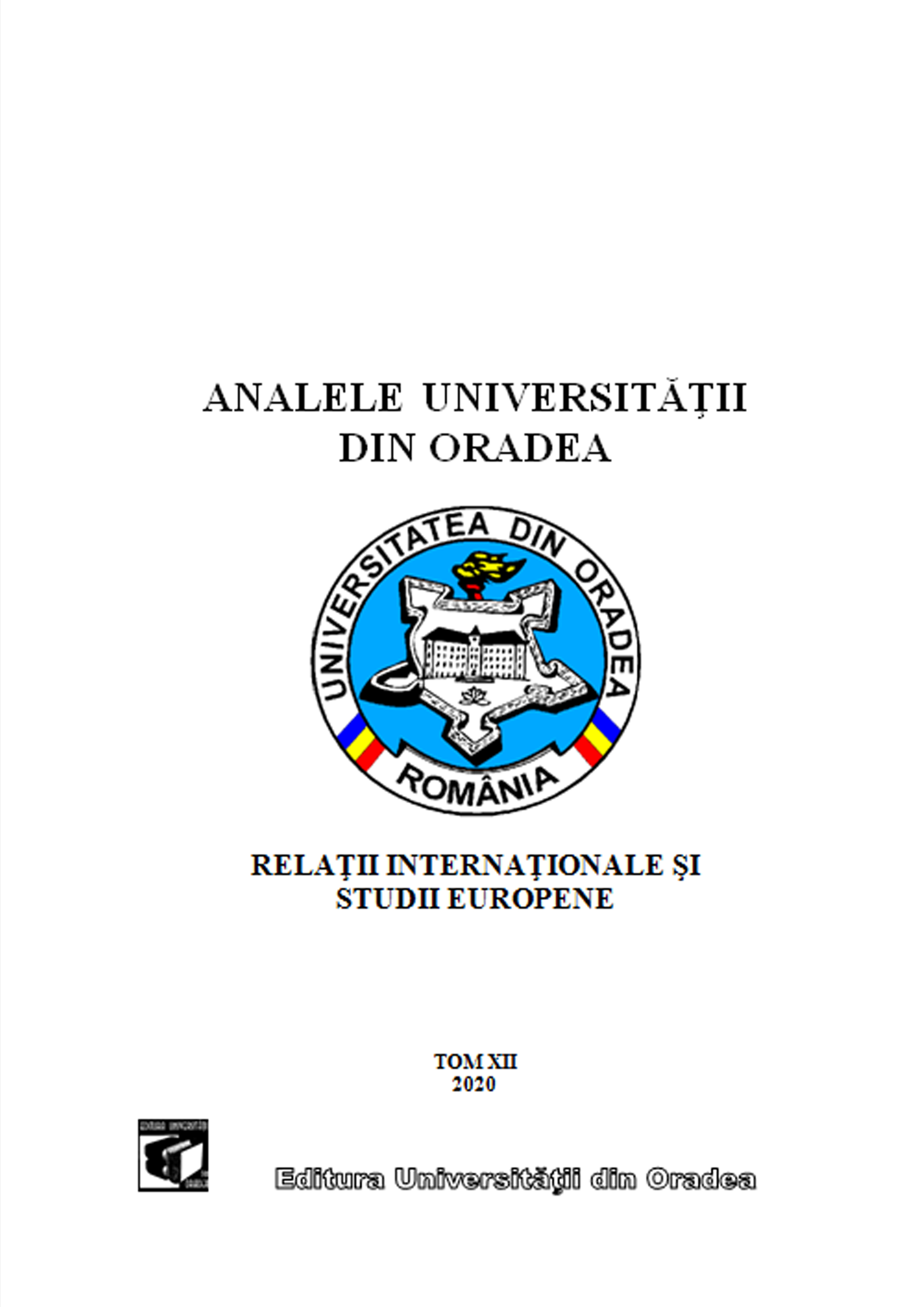
Review of: James Kirchick, Sfârșitul Europei. Dictatori, demagogi și noul ev întunecat [The End of Europe: Dictators, Demagogues, and the Coming Dark Age], Polirom, 2018
More...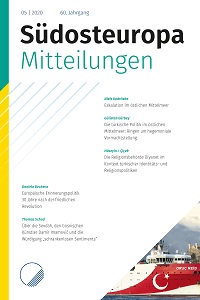
The paper examines the relation between populism in post communist states, the revived East-West divide in Europe and the debate about the two great totalitarian regimes of the 20th century. The text analyzes the EU’s remembrance policies and historical awareness campaigns. Their shared objective consisted in integrating the historical experience of post communist countries during the dictatorship periods into the conception of a common European memory and identity. This is illustrated in two resolutions of the European Parliament from 2009 and 2019which the contribution discusses. The excursus reflects on reconciliation as a desirable goal of memory policies.
More...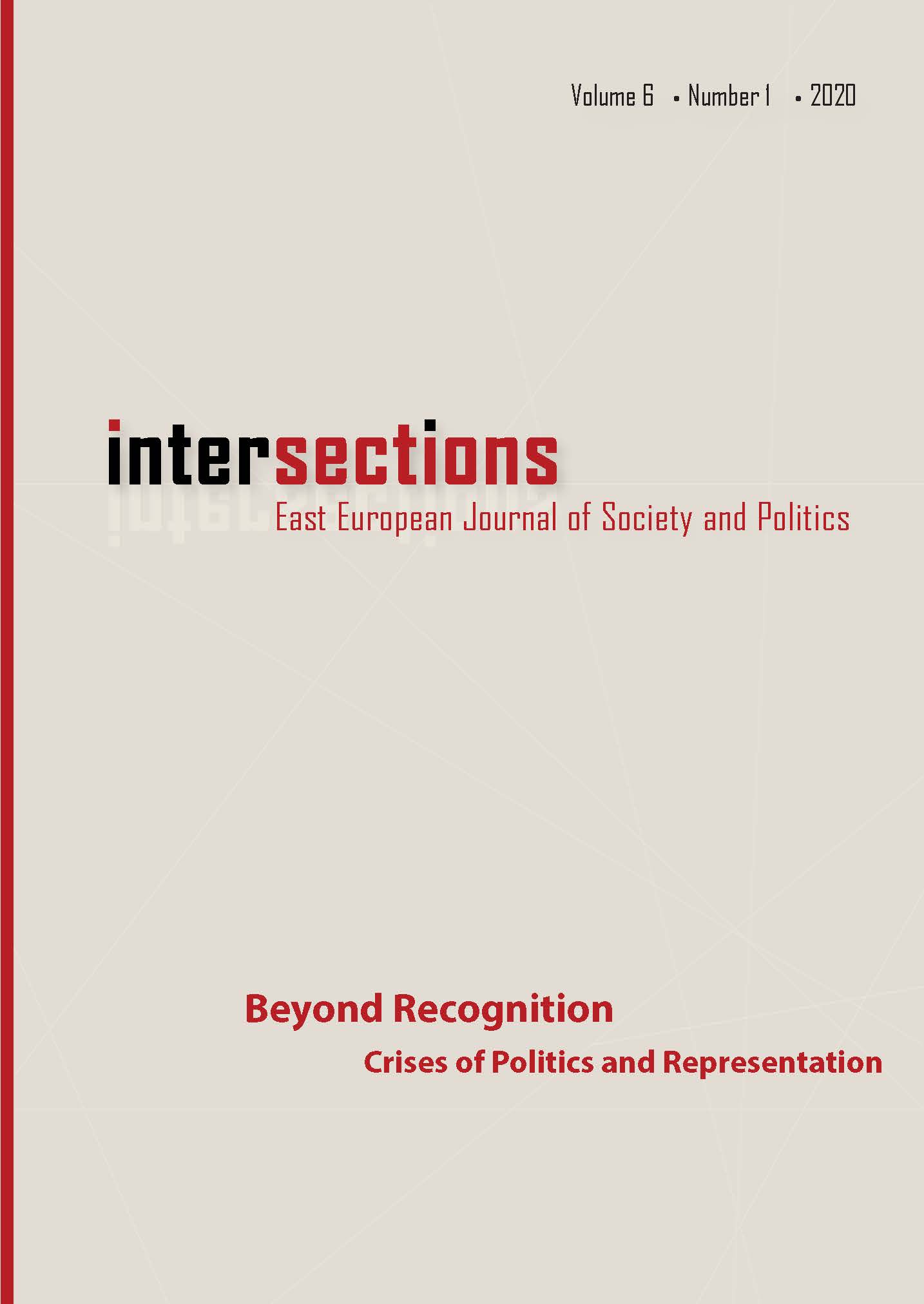
he paper analyzes the mnemonic and political context of the occupation of the Roma Holocaust memorial in Berlin in May 2016, carried out by groups demanding the right to remain in the country for non-citizen Roma. Observing the actor strategies apparent in this event, as well as the governmental logics organizing memorialization, it argues that the pervasive contemporary phenomenon of ‘politics of recognition’ needs to be interpreted as a providing merely a frame for struggles for political agency. Normative symbolic clashes taking place in this frame require a more fine-grained analysis to establish whether certain mnemonic practices inhibit or empower the social groups they reference. The concepts the paper advances as better explaining the outcome of memory struggles are referentiality and productivity. These signify attempts to (re)organize the semantic spaces of memory, and, if successful, allow for political agency to operate in the reconstituted mnemonic landscape. Governmentalities, however, will frequently attempt to deny such reconstitutions of ‘settled’ memory, in which case any politics of recognition remains a hollow shell without the potential to re-orient societal and political practices in the present. In the case of the occupation, the memory conflict highlighted how the past may be use to challenge accepted boundaries and the practice of boundary-making in society, while also highlighting the importance of social and political coalitions to advance change.
More...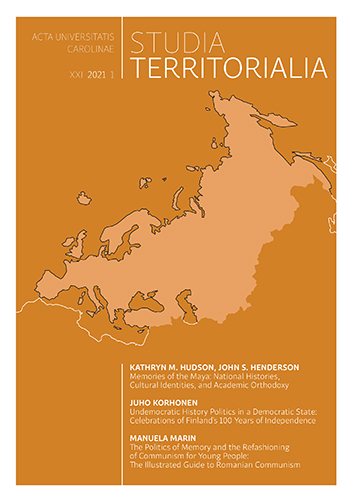
This article analyses the history politics of the Finnish state as illustrated by the organization of the celebrations of the centenary of Finland’s independence. The article suggests that the Finnish state and its Finland 100 project promoted an undemocratic, controlled, and carefully curated approach towards the politics of history. An homage to pluralism was constructed on top of an immutable national narrative that was actively safeguarded and adopted as the only acceptable framework for interpretation of the connections between Finland’s past, the present, and future. In other words, as the primary source documents I analyzed show, lip service to the “harmonious coexistence of different perspectives” was coupled with controls over contested and alternative interpretations, with guidelines that urged the Finland 100 organizers to “report any weak signals of crisis to central communications in good time.”
More...
This paper analyzes the contents of a pocket-sized booklet entitled Ghidul ilustrat al comunismului românesc (The Illustrated Guide to Romanian Communism), which was published to counter growing nostalgia for the communist era that is popular among Romania’s young people. Influenced by family members and the media, the postmemory of Romanian communism among the country’s youth tends to focus on the positive aspects of the communist period and ignore the crimes of the postwar regime. The guide provides a selective reading of the history of Romanian communism and identifies repression as its main feature. The critical visual analysis of the images in the guide identifies the various forms that repression took during communist rule. It targeted not only individuals but also entire social groups, who faced imprisonment on political grounds. At the same time, the repression took quotidian form as the regime extended its control over people’s private lives and even their habits of consumption.
More...